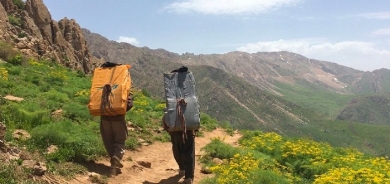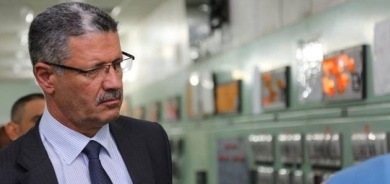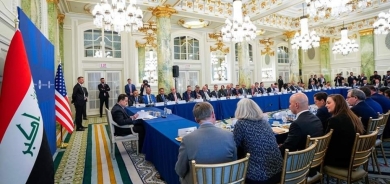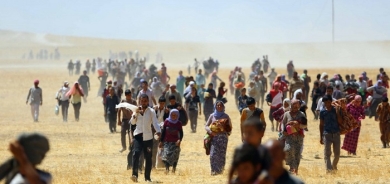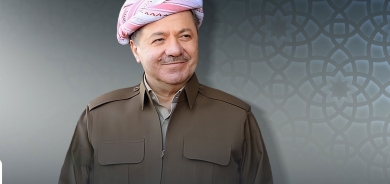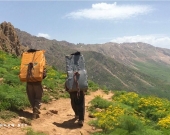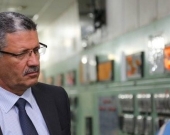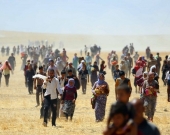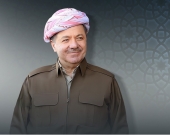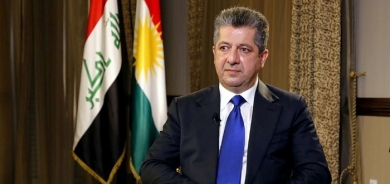World Bank Approves $300 Million Additional Financing for Lebanon's Poor Amid Economic Crisis
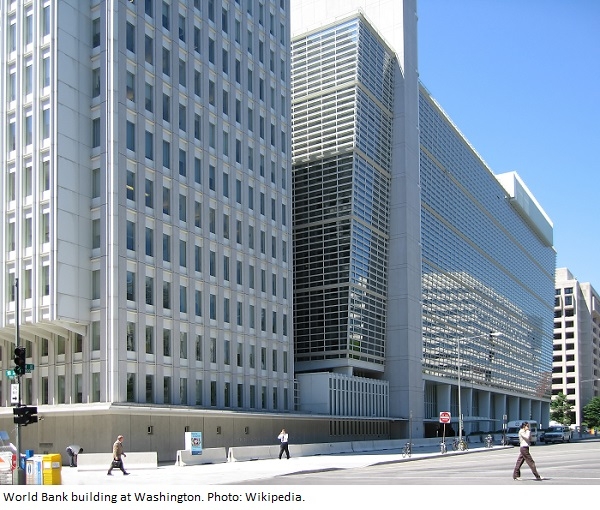
In a bid to alleviate the suffering caused by Lebanon's severe economic crisis, the World Bank has approved $300 million in additional financing to provide cash payments to the country's struggling families, according to a statement released on Friday.
This new financing comes two years after the World Bank approved a $246 million loan aimed at providing emergency cash assistance to hundreds of thousands of people in Lebanon, a nation of approximately 6 million individuals situated on the Mediterranean coast.
Lebanon finds itself grappling with the worst economic and financial crisis in its modern history. The crisis, resulting from years of corruption and mismanagement by the ruling class, began in October 2019 and has plunged over three-quarters of the population into poverty.
Jean-Christophe Carret, the World Bank Middle East Country Director, emphasized the importance of this additional financing, stating, "The additional financing will enable the Government of Lebanon to continue to respond to the growing needs of poor and vulnerable households suffering under the severe economic and financial crisis."
The World Bank detailed that the additional financing will facilitate cash transfers to 160,000 households for a period of 24 months, including current beneficiaries. Eligible households will receive up to $145 per household. The project is being jointly managed by Lebanon's Ministry of Social Affairs and the World Food Program.
The economic crisis has significantly devalued the Lebanese pound, losing more than 95% of its value since the onset of the crisis. This has left many Lebanese residents, including the approximately 1 million Syrian refugees in the country, in dire need of assistance.
In a separate announcement earlier this week, the UN refugee agency and the World Food Program stated that they will begin providing aid payments to refugees in Lebanon in dollars rather than in Lebanese pounds. The new payment scheme entails a maximum of $125 per family per month. The change was implemented due to the rapid depreciation of the pound, increased exchange rate fluctuations, and the challenges faced by financial providers in disbursing large volumes of cash in Lebanese pounds.
While the change was made in consultation with the Lebanese government, Lebanon's caretaker Social Affairs Minister Hector Hajjar expressed opposition to paying Syrian refugees in U.S. dollars. Hajjar argued that such payments could encourage the refugees to remain in Lebanon, asserting that most of them are economic refugees rather than individuals who fled due to security or political reasons.
The sentiments against Syrian refugees have been growing in Lebanon since the start of the economic crisis and the Lebanese government's reestablishment of control in parts of Syria. Some Lebanese now argue that it is safe for many Syrian refugees to return home. Recent weeks have seen the Lebanese army conducting raids on refugee settlements, arresting and, in some cases, deporting individuals found to lack legal residency documents.
As Lebanon continues to grapple with its economic woes, the approval of additional financing by the World Bank and changes in the aid payment system highlight efforts to address the urgent needs of the country's vulnerable population.
Source: Agencies


